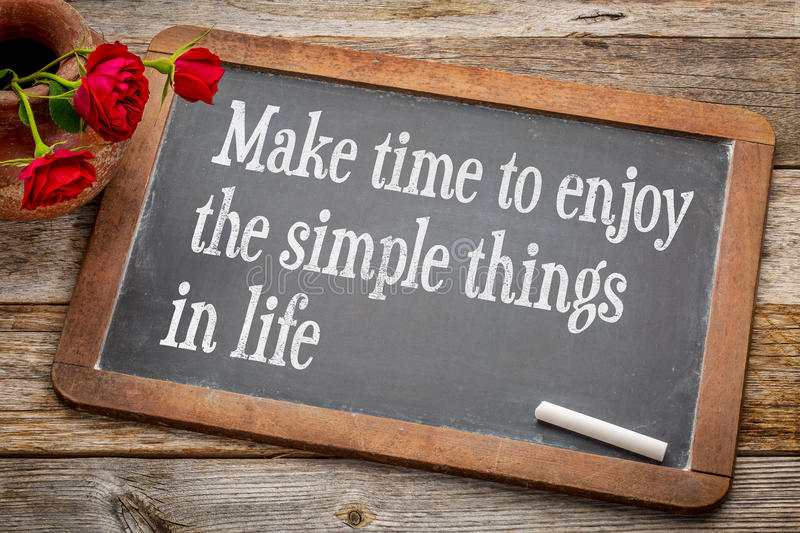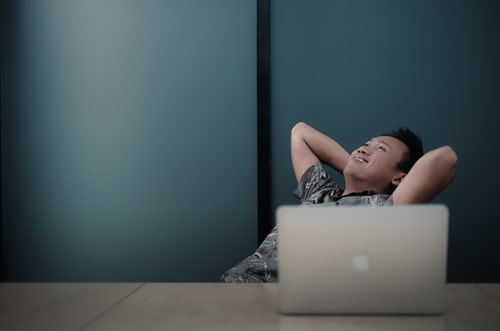In these unusual times it is very important to look after ourselves and others. Apart from our physical needs such as water, food, shelter, sleep, clothing, etc. we all have innate emotional needs that ought to be fulfilled to keep in good mental health. While in the Western world most of us have our physical needs met, our emotional needs are still often neglected, partially because many of us are simply not aware of them. In addition, with current restrictions and uncertain times, it’s relatively easy to get out of balance.

So here’s a few simple tips to fulfil your emotional needs to help with your mental wellbeing.
I understand that for many of us the need for security and safety is a bit shaken at the moment. Yet we’ve been given guidelines to follow to keep us safe, so we are in control and know what to do. Why not appreciate the fact that we have a home where we can feel safe and secure? Think of three things you like about your home! That’ll help you shift your focus. It can also be fun to create a little safe haven with a sanctuary-feel somewhere in your room. Children love building a cave or a safe space, so why not follow their example. Identify a spot. Find your favourite blanket and a teddy bear or soft toy you loved as a child. Add your favourite colours with cushions, scarfs, other fabrics, pictures and other accessories. Add photographs of your loved ones if you like and perhaps a few candles or a plant; some also like incense, soft light and relaxing music. Voila! Spend time there whenever you need to feel safe and perhaps even get into the habit of doing some regular relaxation exercises there. This will help you increase your need to feel safe and secure which will build the more often you use that corner or place to relax.

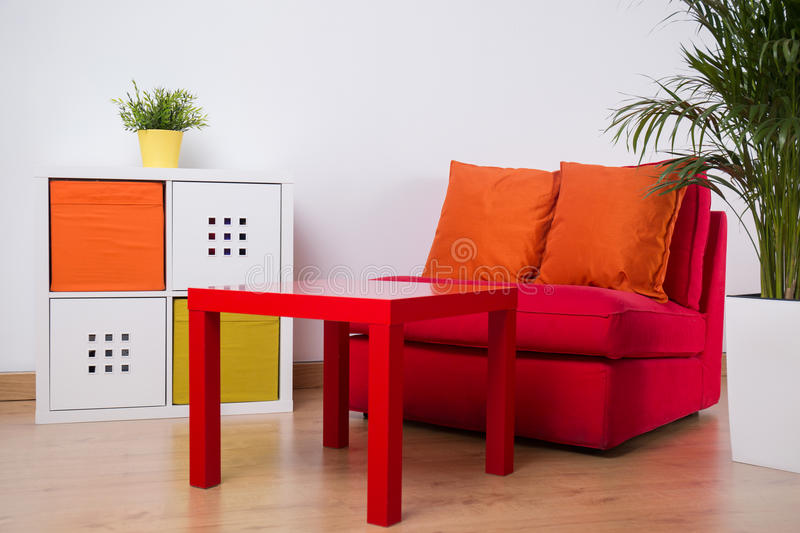
Some other emotional needs are to give and receive attention and the need for intimacy and connection. If you live on your own, why not ring your friends and family members more frequently, connect via text, create a WhatsApp group, share funny videos or record an audio message and encourage them to do the same for you. This will help you feel connected and your friends and family will surely appreciate that too. If you fancy a cuddle but can’t get one, there’s no shame in hugging your pet, a cushion, a teddy bear and especially yourself, which helps with our human need for intimacy.
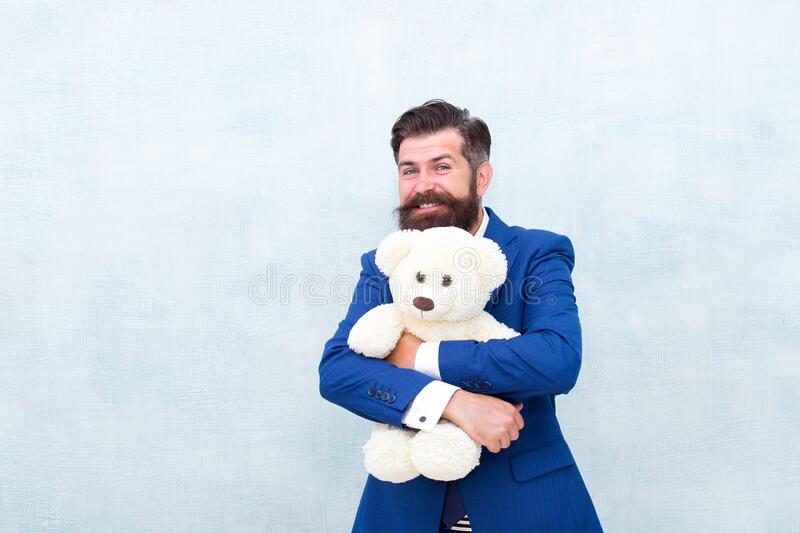
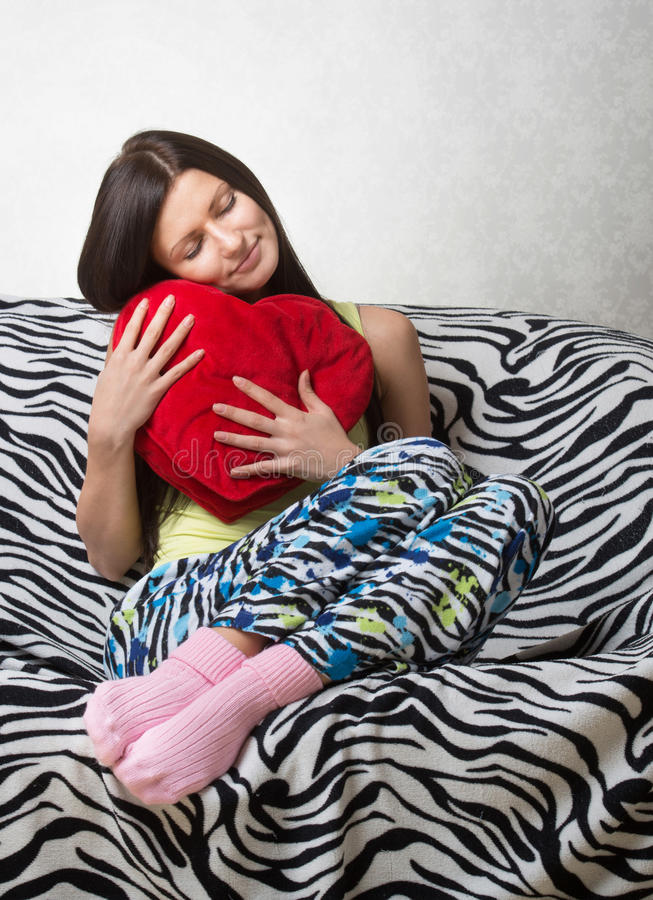
Another emotional need is one for creativity and stimulation. This is a great time to reactivate old hobbies or start new ones. Here’s just a few ideas to get you thinking: painting, crafting something, singing, writing, playing a musical instrument, learning something new, join an online yoga class, try out new delicious recipes, create a quiz for your kids or friends and become a quizmaster (online if necessary), DIY, make jewellery, repot your plants or do gardening if you have a garden, redecorate your room, listen to an audiobook or read some of the books you’ve never had time to read or watch your favourite films from your childhood. These activities will give you a sense of creativity and stimulation and perhaps also develop into a new goal you wish to achieve.
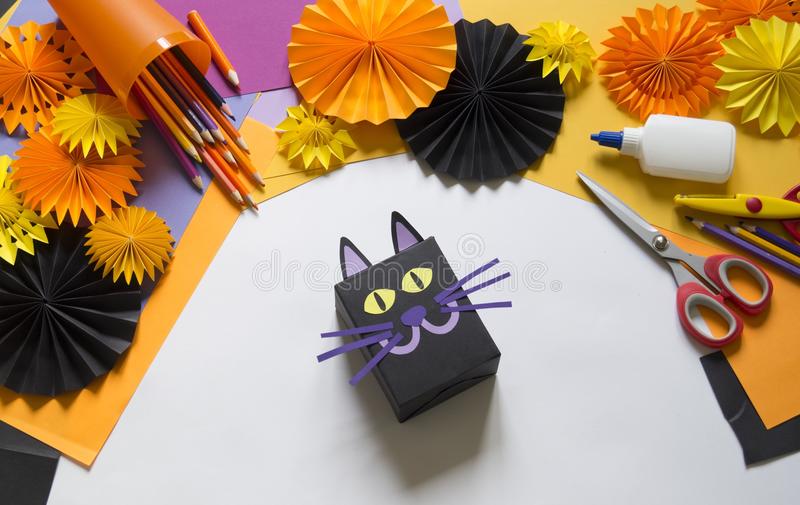
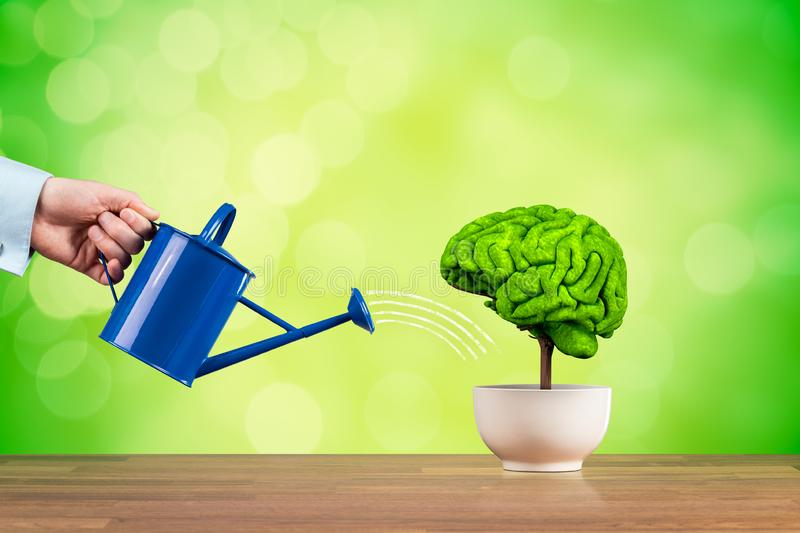
Finally, you can exercise your sense of control by looking after your body-mind connection. Choose to look after yourself, get dressed every day, watch what you eat, get enough sleep, try out a new (indoor) type of exercise, create helpful rituals and feed your brain too, ideally with positive things. Please avoid watching the news several times a day or engage in fear-promoting social media posts as they can create and increase anxiety. You have a choice of what to focus on. Energy flows where attention goes, so focus on the good things in life, make a gratitude list, reignite your talents, connect with old friends and help those in need. Being of service can be great boost. Now is the time to shine. If you’re not ready that’s fine but make sure you look after yourself and your loved ones. Stay safe, enjoy the simple things in life and try to have a laugh because laughter heals. If things get too much for you and you need further help with lowering your anxiety, feel free to contact me for an online session.
Sending you a big virtual hug
Sandy
